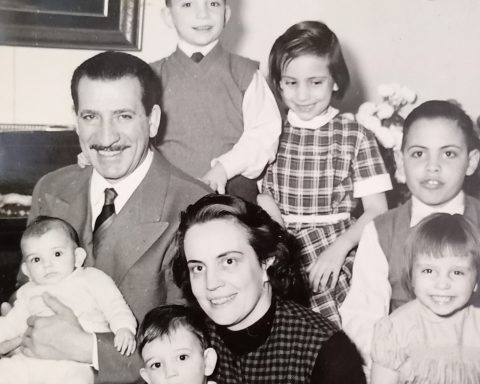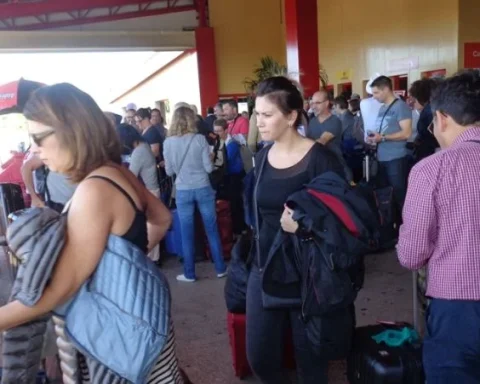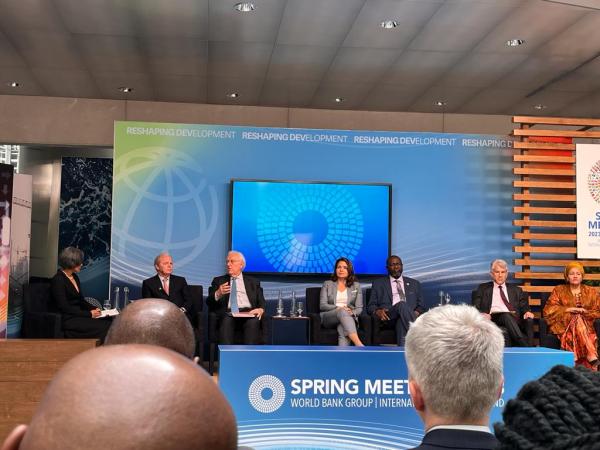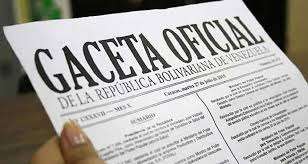MIAMI, United States. – The Meteorologist from Sancti Spiritus Freddy Ruiz denied the possibility that Cuba will experience heat waves from this month of April, as advertisement recently the Caribbean Climate Outlook Forum (CARICOF).
In an interview with the official newspaper Escambray, Ruiz assured: “The weather and the climate are behaving in a very complex way, even in spring another drought could be established; We have and will have extreme heat, but no heat waves.
The expert explained that heat waves occur in Europe and in Latin American countries with large continental extensions, such as Argentina, when a mass of warm air from the sea enters the land and stays for 72 hours or more.
However, in Cuba, the situation is different: “At night it cools down, even though it is very hot, it always cools down more at night than during the day and, even if another heating cycle returns the next day, the mass of stable hot air, which is what causes the heat wave.
Ruiz affirmed that, under the current conditions, one cannot speak of a heat wave in Cuba, and added: “Perhaps this may vary over the years, but it would not be tomorrow or the day after tomorrow.”
Experts from the Climate Center of the Institute of Meteorology have also argued that Cuba’s insular condition makes the occurrence of a heat wave extremely unlikely, due to the cooling effect of sea breezes and summer rains.
For his part, Ruiz pointed out that, although there is no concrete forecast, floods could occur in the Caribbean, since after an intense drought and such strong warming, an event of intense rains can occur.
The meteorologist also reflected on how Cubans still do not understand the influence of climate change on the island: “We talk about it on television, they see the polar caps melt, the water level rises and they think we are oblivious to that, but it is not like this, because this phenomenon also influences here”.
Finally, the specialist commented: “We are expecting a period of intense rains, but after that another extreme drought could set in, even in the spring season. In addition, a low-active hurricane season is forecast. All this due to the influence of the El Niño phenomenon, which would be established from August onwards. But these are all still probabilistic terms.”















